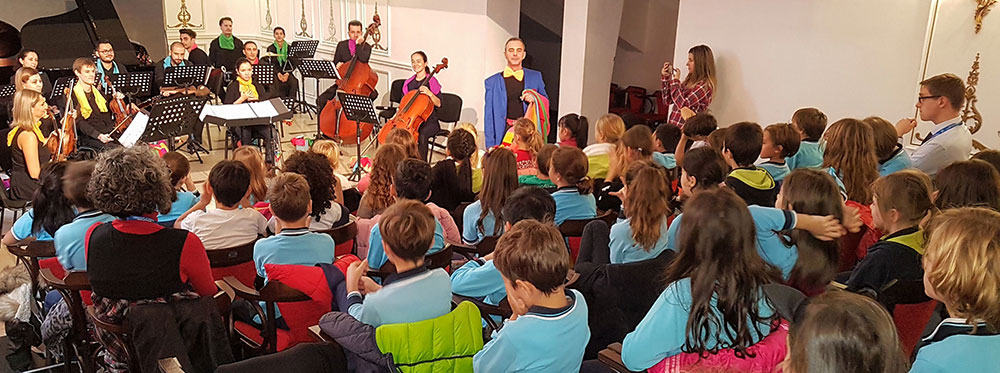Learning should not be confined to the four walls of a classroom. The world around us offers countless opportunities for discovery, growth, and inspiration. When students step outside their routine learning environment, they engage more fully with subjects, develop new skills, and form a stronger connection between theory and experience.
As defined by the Council for Learning Outside the Classroom, “Learning outside the classroom is a tool for teaching and learning which has been proven to raise attainment and achievement, improve behaviour and improve the engagement of all groups of pupils, including those who are hard to engage inside the classroom environment.”
Why Learning Outside the Classroom Matters
Practical, hands-on learning activates multiple parts of the brain, allowing students to retain more information and engage in deeper reflection. These experiences also provide a change of pace, encouraging students who may not excel in traditional academic settings to shine in new and exciting ways.
Outdoor and experiential learning taps into students’ natural curiosity and allows them to make meaningful connections between classroom concepts and the real world. Whether it’s through observing nature, conducting fieldwork, or simply working in a different environment, these moments often leave a lasting impression.
Bringing Science and Other Subjects to Life
Educational trips and excursions are a perfect way to align classroom learning with real-world applications. A visit to a local museum, opera, or science center can bring abstract topics to life. For example, after studying sound in science lessons, watching a live orchestra perform allows students to hear pitch, volume, and vibration in action — making the topic far more engaging and memorable.
Other outdoor experiences, such as exploring a local park to study insects or conduct surveys, give students firsthand exposure to the subjects they’re learning. These activities help build observation, analysis, and teamwork skills in an organic way.
Residential Trips and Independence Building
Many schools offer residential programs that span one to four nights, depending on age group. These trips provide much more than academic enrichment — they foster independence, resilience, and social development. Away from home, students learn to manage their belongings, navigate group dynamics, and support their peers. The bonds formed on these trips often lead to lasting friendships and a stronger sense of community back at school.
Utilizing Nearby Resources
Learning outside doesn’t always require a long trip or extensive planning. Schools with access to green spaces, gardens, or nearby parks can easily incorporate short outdoor sessions. A walk through nature, a scavenger hunt, or practicing measurement with real objects can enhance lessons and boost student engagement.
How Parents Can Support LOTC at Home
Learning doesn’t stop at the school gate. Parents can encourage hands-on learning at home with simple, real-life activities:
- Math Skills: Practice measuring and timing through cooking or baking together.
- Financial Literacy: Let children help with the weekly shop and manage a small budget.
- Language Development: Create a scrapbook or photo journal that includes descriptive writing and reflections.
- Environmental Awareness: Go for walks, explore nature, and discuss changes in the seasons, weather, or ecosystems.
The most meaningful learning often happens when students are enjoying themselves. Whether indoors or outdoors, in school or at home, practical experiences bring subjects to life and allow children to learn without even realizing it.
Final Thoughts
Learning Outside the Classroom encourages children to think critically, collaborate effectively, and develop a deeper love of learning. It breaks down traditional barriers and allows students to grow through movement, exploration, and connection with their environment.
Below, international and private schools share how they bring learning outside the classroom to life — through fieldwork, interdisciplinary projects, and experiential learning across age groups.
